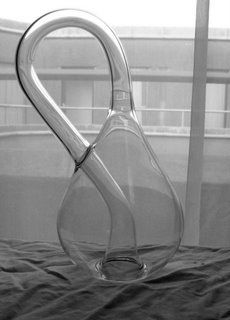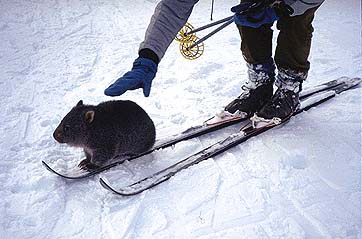Election news: gay marriage
The Canadian Conservative Party leader, Stephen Harper, announced today that, if elected, he would support the reinstatement of the 'traditional' definition of marriage: barring the kind of same sex marriages that have now happened more than 3000 times in Canada. It seems to me that this kind of a campaign strategy demonstrates how irrelevant the Conservatives are - hung up on yesterday's issues when everyone else has realized that the question is pretty simple and not something to get up in arms about. One thing about the Martin government that I did admire was his willingness to recognize that the gay marriage issue is a simple one of equality and Charter rights. As such, it really shouldn't be subject to such low politicking. Moreover, to repeal it now would probably require the use of the notwithstanding clause: an extreme response to a non-existent problem.
As much as I would like to see the emergence of a viable alternative party of government, someone to challenge the effective Liberal monopoly at the federal level, the kind of callous, opportunistic policies that tend to come out of right wing parties should rightly be opposed by Canadian voters.
I often feel anxious about how much of this blog is just crude description of what I have been up to in a particular day. I can justify it partly because there are people who read the blog to get a sense of what life in Oxford is generally like. I imagine them as versions of myself, about a year ago, trying to decide where to go to school.
There are also those, like my parents, who read it to know what I am individually up to. Still, I think it's a higher calibre of writing that discusses issues or produces cunning or beautiful descriptions. Revealing much that is mundane is relatively safe, and you needn't worry who reads it, but it is ultimately neither skilful nor satisfying. While revealing things too passionately felt is foolhardy in such a public context, not to do so is stifling.



